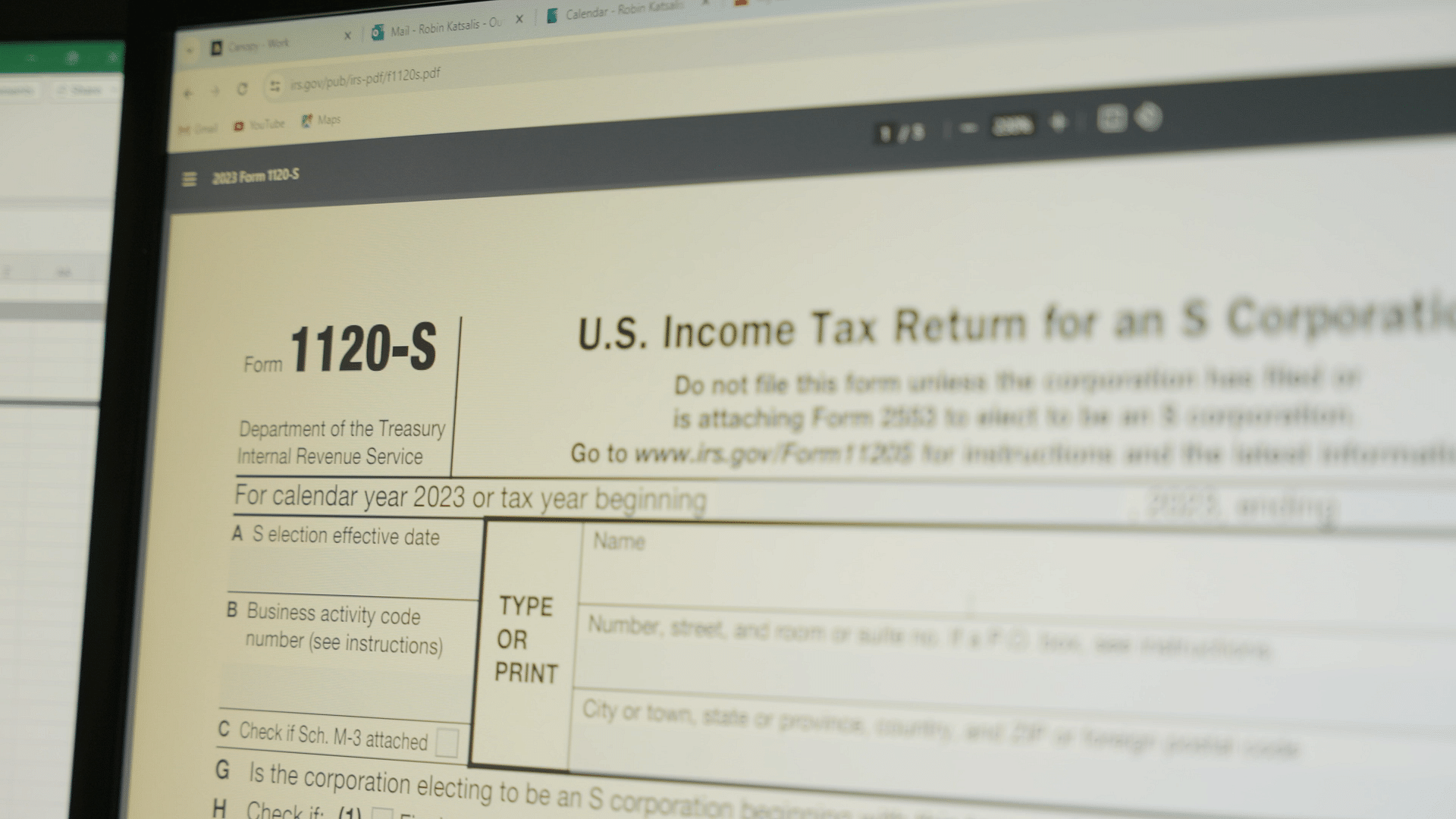The IRS is expanding a pilot program that uses Identity Protection Personal Information Numbers (IP PINs) to provide an extra layer of security for taxpayers. The program can be used by residents of the District of Columbia, Florida, Georgia, California, Delaware, Illinois, Maryland, Michigan, Nevada and Rhode Island. Appropriately, these states have a high incidence of ID theft.
IP PIN program details
Unless you are a victim of IRS identity theft, participation in this program is voluntary. You can opt-in to receive an IP PIN if you live in one of the included states and you filed a tax return last year.
So why opt-in? The IRS uses the IP PIN to better verify the taxpayer's identity. It can prevent clever hackers from using your Social Security number to file fraudulent returns or access returns you've already filed.
Keep in mind that if you choose to get an IP PIN, you'll need to use an IP PIN for all future filings. You can file your return as you normally would if you decide not to participate in the pilot program.
Getting your IP PIN
You can use special IRS tools to obtain an IP PIN and verify your identity through a two-factor authentication process. Go to the Get an IP PIN page on the IRS website to get started.
A new IP PIN is generated for every filing season. It may be retrieved mid-January by logging into your account.
Have you experienced ID theft? The IRS will continue to issue new IP PINs to taxpayers who have already been victimized by tax-related identity theft.
It's expected that the IRS will open up the program to taxpayers nationwide once it works out all the kinks. Look forward to more developments.


